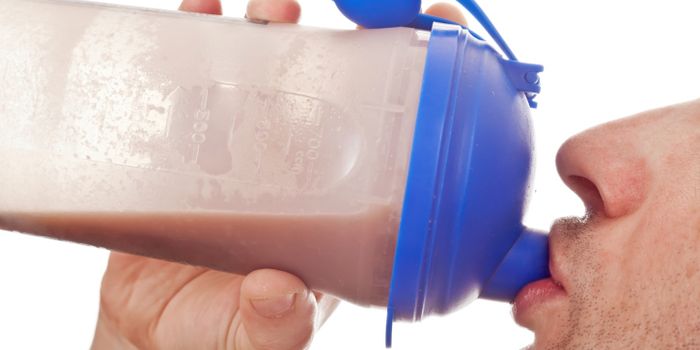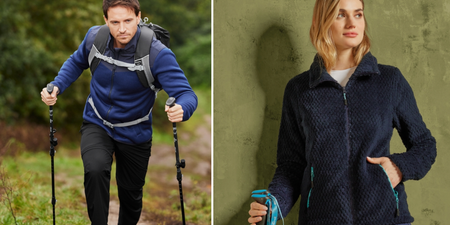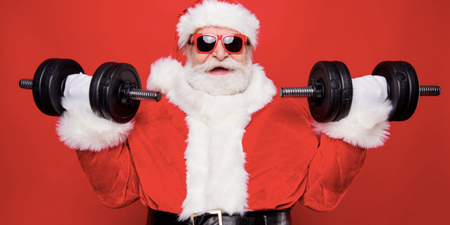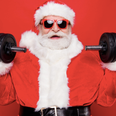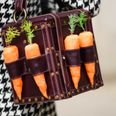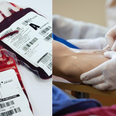Diet is key to any of your goals in the gym, and getting the right amount of protein is vital, but it can also be a bit confusing. No worries, JOE is here to help you figure out what you need and when
It’s all about the protein
Deciding what and when to eat to maximise the growth of lean muscle mass with training can often be challenging and confusing.
For the skeletal muscle to grow and adapt new muscle proteins must be made (muscle protein synthesis) and old muscle proteins must be broken down (muscle protein breakdown). But to build muscle, synthesis must be greater than breakdown which is often referred to as an anabolic state. But an anabolic state is only achieved when exercise is combined with protein. But to see effects, regular, consistent and disciplined training must continue for at least 12 weeks combined with a high protein diet to see the benefits to lean muscle mass, body fat percentage and muscular strength. This article aims to give you some clear direction on protein and how it can be used to help you achieve those goals in the weights room.
How much protein do I need to eat during the day?
In order to support muscle growth, protein requirements in the diet increases as exercise training goes up. Making sure you hit around 1.5 g of protein per kilogram of body weight per day is essential. However if your specific goal is aiming towards gaining large amounts of muscle mass with training, then higher doses are needed, something in the region of about 2 g of protein per kilogram of body weight should do the trick. This may sound confusing, but put simply, if you weigh 80 kg you should try and consume between 120-160 g of protein per day.
What sorts of protein rich foods should I be eating?
The majority of the protein in your diet should come from high quality protein sources such as meats and dairy, however protein from plant based foods is also recommended. To help hit your protein quota during the day here are a few handy foods you can eat:
|
Food – 10 g of protein per serving |
|
½ pack of pre cooked chicken |
|
½ tin of baked beans |
|
4 serving spoons of humus |
|
2 boiled eggs |
|
Handful of nuts (Brazil, Pine, Cashew) |
|
1 small pot of Greek Yoghurt |
|
½ pot of cottage cheese |
|
½ large fillet of salmon |
|
¼ tin of tuna in brine |
|
½ can of chic peas |
|
1 pint of skimmed milk |
Remember, to space your protein intake across the day in 5-6 meals. These do not all need to be full on meals, but can include high protein snacks between meals. Be sure to consume at least 20-25 g of protein per meal or snack. Again use the table above to make smart choices.
When should I use a protein supplement?
For some of you, achieving high protein diets from food alone can be a challenge. Using protein supplements is an effective way of meeting your protein needs during the day. Protein supplements are manufactured from milk or egg to produce whey, casein or egg albumen. These sources of protein are no different to what is found in a glass of milk or eating a boiled egg. The only difference between them is the dose of protein and the rate of digestion.
Whey and egg proteins are rapidly digested, where as casein is digested at a slower rate. This means whey and egg protein are excellent sources immediately after exercise, where as casein is more relevant for a night time protein source to maximise recovery from exercise while you sleep. To maximise the muscle building process after exercise you should aim to consume a rapidly digestible protein source of at least 20-25 g as soon after exercise.
For those of you who are heavier than 85 kg, you may need to consume a little more protein. This should be closer to 30-35 g post exercise. Remember though in order to maximise the anabolic state of your muscles, exercise training must be complimented with protein feeding after exercise and throughout the day. Using protein supplements during the day, in between meals, will help achieve this. Use the products below to help support your training.
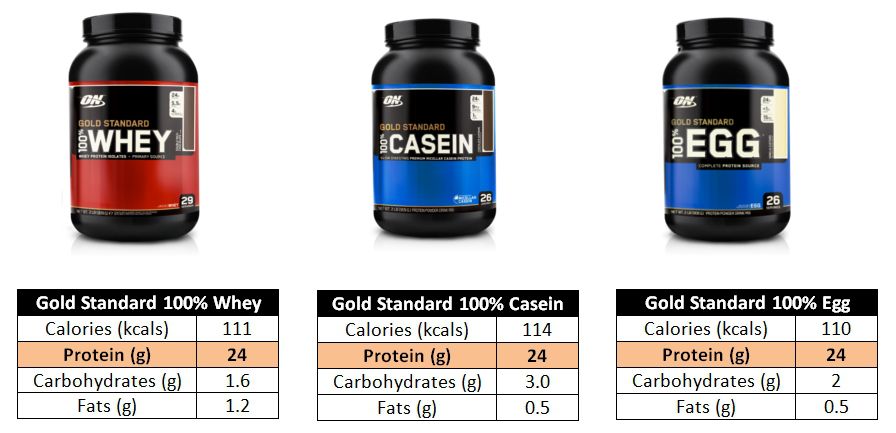
LISTEN: You Must Be Jokin’ with Aideen McQueen – Faith healers, Coolock craic and Gigging as Gaeilge
